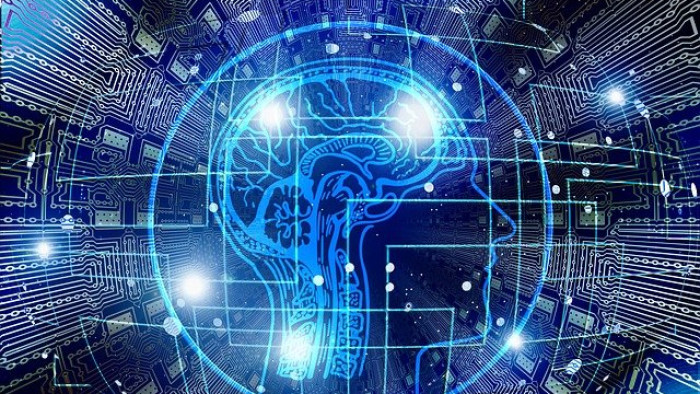Technologies for the common good
It is well known that every technological revolution brings with it profound changes. Consequently, it is necessary to discuss how they affect and will affect current trends and developments in our daily lives, both in an individual dimension and, above all, in a more macro dimension, i.e. in the shaping of present and future societies. Technology often comes with the promise of freedom, but it has been seen that this freedom often comes at a cost, involving concessions that perhaps make us captive to these new tools and the corporations behind them. The purpose of a handful of sessions in this edition of the Biennial is to decipher with a critical perspective the great digital warp and weave paths of innovation aligned with the needs of the community.
We will do so from the first day in Meaningful data, where we will imagine how we should move towards a world where data has a social purpose and is not simply an economic resource. Science and obedience will then deal with one of the many possible conclusions that these years of pandemic have left us with: the relationship between scientific knowledge, technology and freedom is not always smooth, as frictions have often manifested themselves between the measures and restrictions endorsed by the scientific community and the legal sphere, especially in the area of individual freedoms, not only from the perspective of law but also from the perspective of ethics and philosophy.
The current commodity crisis and its most mediatic manifestation, inflation, should lead us to think about the hypothetical capacity of technology to mitigate the ravages of the climate emergency. In other words, is it sensible to argue that, on its own, largely subject to the designs of the free market, it will save us? We will discuss this in Climate change and technology: remedy or constraint?
The term 'metaverse' is one of the most prominent neologisms of recent times. In Metaverses desirable, virtual realities where we want to live, we will explore the opportunities they offer us to improve existing societies on the analogue plane. There will also be an opportunity on Saturday 15th to look at the implications of current and future digital paradigms for public health and legislation. This will be in Living in digitally healthy societies and New digital rights or how to guarantee human rights in the connected society, respectively.
On the last day of this year's Biennial of Thought, with the session Imagining the digital economy beyond monopolies, we will be looking for solutions to turn digital macrostructures into something more social, fairer and more inclusive. Finally, there is nothing better than to dedicate a round table to the more human, more physical, and at the same time more emotional dimensions of everyday life, which digital environments must also incorporate: it is entitled Technologies of love and care, and it will explore how we can continue to move into a connected society by prioritising the fact of caring for ourselves and taking care of ourselves.
And at +Biennial...
On the stage of the Canòdrom, from Thursday 13, the Decidim Fest takes over the central programme. We are talking about two days, totally in line with the theme of this itinerary, which are planned with the healthy ambition of contributing to the debate on the future of the internet: is it possible to build a truly open, free and democratic network at the service of the people?




